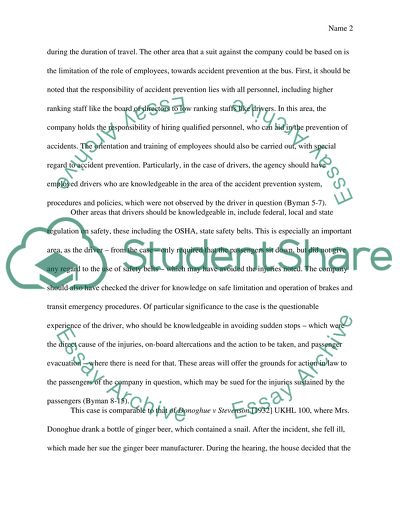Cite this document
(“Business law Essay Example | Topics and Well Written Essays - 2750 words”, n.d.)
Retrieved from https://studentshare.org/law/1400219-business-law
Retrieved from https://studentshare.org/law/1400219-business-law
(Business Law Essay Example | Topics and Well Written Essays - 2750 Words)
https://studentshare.org/law/1400219-business-law.
https://studentshare.org/law/1400219-business-law.
“Business Law Essay Example | Topics and Well Written Essays - 2750 Words”, n.d. https://studentshare.org/law/1400219-business-law.


